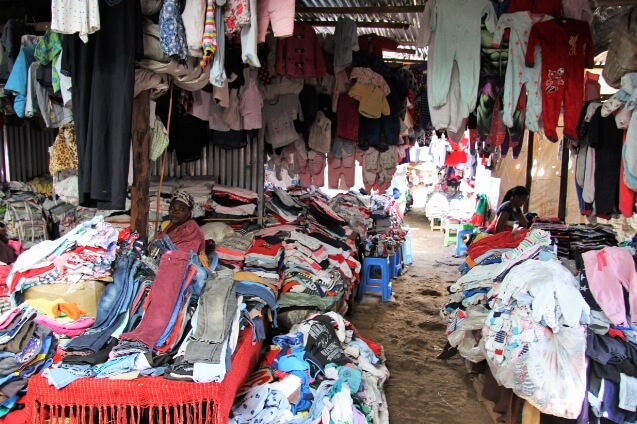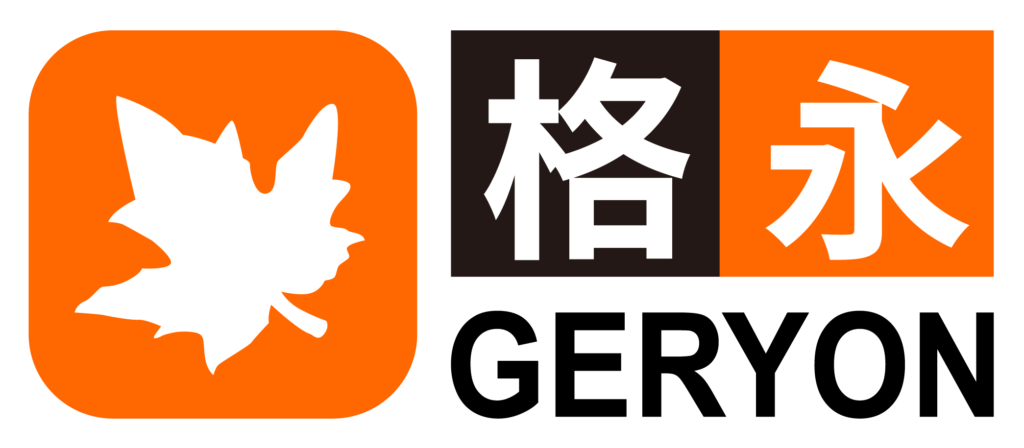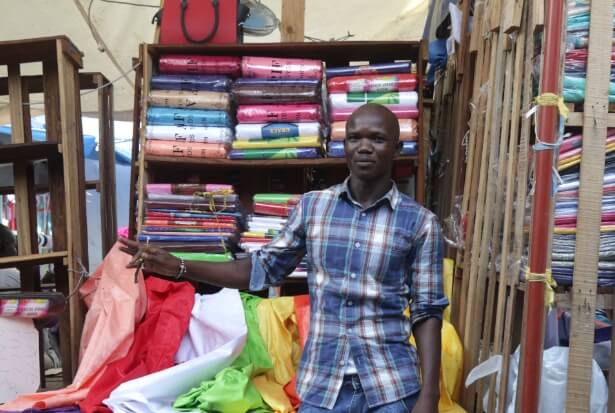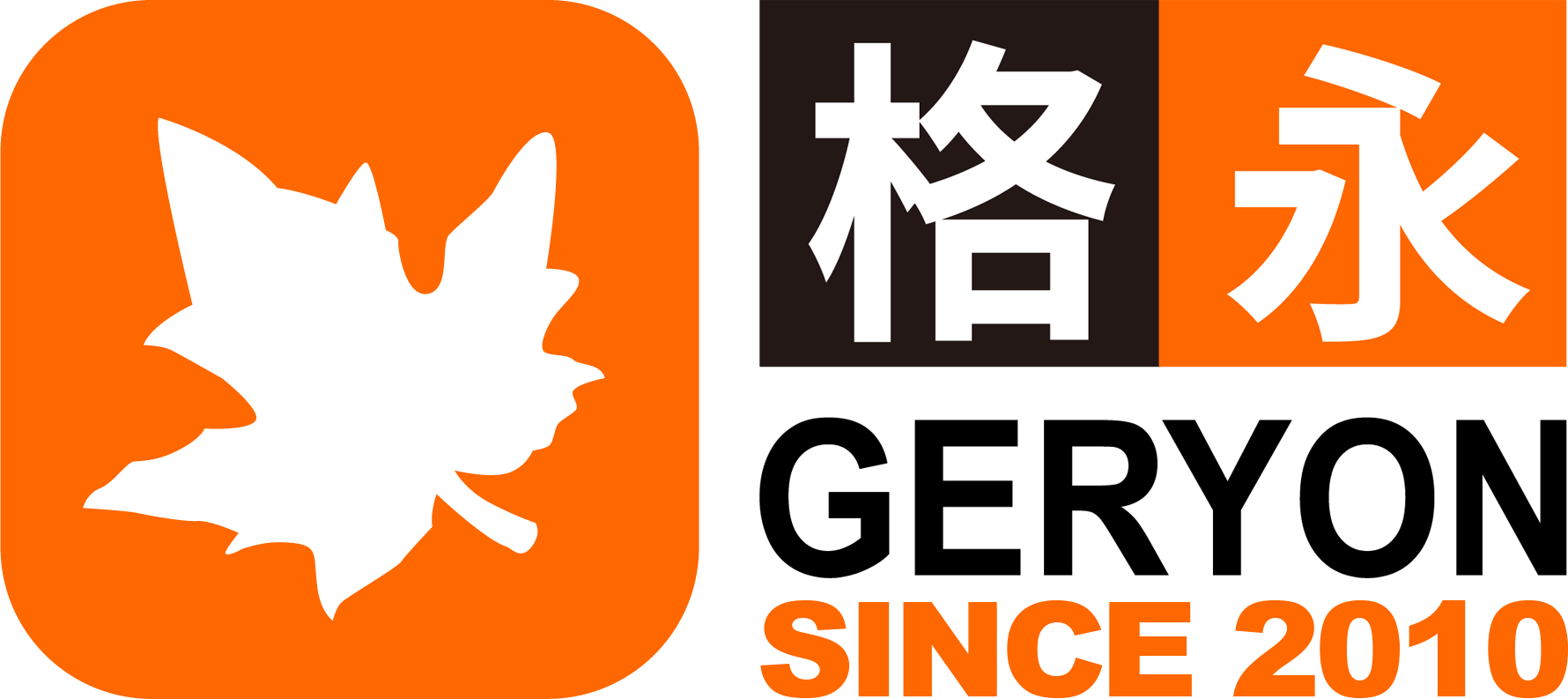With the rise of eco-conscious shopping, the market for Senegal used clothes is witnessing unprecedented growth. This article aims to provide B2B professionals with insights into the trends and challenges associated with importing these garments. Understanding this evolving landscape is crucial for those looking to capitalize on the burgeoning secondhand market.

Table of Contents
1. Introduction
The market for Senegal used clothes has been gaining momentum as consumers increasingly prioritize sustainability in their purchasing decisions. This shift reflects a broader trend within the fashion industry, where secondhand clothing is becoming a viable alternative to fast fashion. Understanding the rising demand for Senegal used clothes is essential for B2B businesses looking to tap into this growing sector and cater to the eco-conscious consumer.

Overview of Senegal Used Clothes Market
Senegal used clothes have become an integral part of the local economy, creating numerous opportunities for both sellers and buyers. The influx of secondhand garments has not only provided affordable clothing options for consumers but has also spurred job creation within the country. As awareness of sustainability rises globally, the significance of this market will only continue to expand.
Importance of Sustainability in Fashion
The sustainability movement is reshaping how consumers view fashion, making Senegal used clothes an attractive option for those seeking environmentally friendly choices. By purchasing secondhand items, consumers reduce waste and promote a circular economy. This shift in mindset is crucial for B2B businesses aiming to align their offerings with the values of today’s consumers.
2. Understanding the Senegalese Market
The Senegalese market for used clothing is unique, shaped by cultural preferences and local practices. B2B businesses must navigate this landscape carefully to effectively engage with suppliers and customers alike. Understanding the dynamics of Senegal used clothes can provide invaluable insights for companies seeking to establish a foothold in this vibrant market.
Cultural Significance of Used Clothing
In Senegal, used clothing carries cultural significance, often representing a blend of tradition and modernity. The vibrant styles and diverse selections available in the market reflect the country’s rich cultural heritage. For B2B importers, tapping into this cultural narrative can enhance marketing strategies and attract a wider audience.
Local Sourcing and Supply Chains
Effective sourcing of Senegal used clothes requires an understanding of local supply chains and relationships with vendors. By building connections with local suppliers, B2B businesses can ensure a steady flow of quality garments while supporting the local economy. This approach not only fosters goodwill but also enhances the sustainability of the supply chain.
3. Trends Driving Demand for Senegal Used Clothes
The demand for Senegal used clothes is driven by several key trends that are reshaping consumer behavior. B2B businesses must stay attuned to these trends to effectively position their offerings and cater to the evolving preferences of consumers.

Eco-Conscious Consumer Behavior
Today’s consumers are increasingly concerned about their environmental impact, driving a surge in the demand for Senegal used clothes. This eco-conscious behavior reflects a growing awareness of the fashion industry’s environmental footprint. B2B businesses that recognize and respond to this trend will be well-positioned to thrive in a competitive market.
Unique Styles and Fashion Diversity
The appeal of Senegal used clothes lies in their unique styles and fashion diversity, offering consumers distinctive options that are often unavailable in mainstream retail. B2B businesses can leverage this uniqueness to attract customers seeking one-of-a-kind pieces. By highlighting the cultural aspects of these garments, companies can enhance their marketing efforts and engage with a broader audience.
4. Challenges Faced by B2B Importers
While the opportunities in the Senegal used clothes market are promising, B2B importers must navigate several challenges to succeed. Understanding these hurdles is crucial for developing effective strategies to overcome them.
Regulatory and Legal Considerations
Importing Senegal used clothes involves navigating a complex landscape of regulations and legal requirements. B2B businesses must ensure compliance with local laws to avoid potential penalties and operational disruptions. Staying informed about these regulations can help companies streamline their processes and maintain a positive reputation.
Quality Control and Sourcing Issues
Maintaining quality control when sourcing Senegal used clothes can be challenging for B2B businesses. Variability in the condition of secondhand garments requires importers to implement rigorous quality checks. By establishing clear standards and building strong relationships with suppliers, companies can mitigate these risks and ensure customer satisfaction.
5. Strategies for Successful Importing
To succeed in the Senegal used clothes market, B2B businesses must adopt effective strategies that align with local practices and consumer preferences. These strategies can help companies navigate challenges and maximize opportunities.
Building Relationships with Local Suppliers
Establishing strong relationships with local suppliers is vital for B2B businesses looking to source Senegal used clothes effectively. By fostering trust and collaboration, companies can secure reliable access to quality garments while supporting the local economy. This approach not only enhances supply chain resilience but also contributes to sustainable business practices.
Leveraging Digital Platforms for Market Access
Digital platforms play a crucial role in connecting B2B businesses with the Senegal used clothes market. By utilizing online marketplaces and social media, companies can expand their reach and engage with a broader audience. Embracing digital tools allows importers to showcase their offerings and streamline the purchasing process, ultimately driving sales.
6. Case Studies of Successful B2B Ventures
Examining successful B2B ventures in the Senegal used clothes market can provide valuable lessons for aspiring importers. These case studies highlight effective strategies and best practices that can be emulated in the industry.
Highlighting Successful Importers in the Market
Several importers have successfully navigated the challenges of sourcing Senegal used clothes while building strong brands. By studying their approaches, new businesses can gain insights into effective marketing strategies, supplier relationships, and operational efficiencies that contribute to success.
Lessons Learned from Industry Leaders
The experiences of industry leaders in the Senegal used clothes market offer important lessons for B2B businesses. From understanding local consumer preferences to implementing effective sourcing strategies, these insights can guide newcomers in making informed decisions that drive growth and sustainability.

7. Conclusion
As the demand for Senegal used clothes continues to rise, B2B businesses have a unique opportunity to capitalize on this growing market. By understanding the dynamics at play and implementing effective strategies, companies can thrive in an environment that values sustainability and cultural diversity.
Future Outlook for Senegal Used Clothes Market
The future of the Senegal used clothes market appears bright, with increasing interest from both local and international consumers. B2B businesses that stay attuned to emerging trends and consumer preferences will be well-positioned to seize opportunities in this evolving landscape.
Final Thoughts on B2B Opportunities
In conclusion, the Senegal used clothes market presents numerous B2B opportunities for those willing to engage thoughtfully with local suppliers and consumers. By prioritizing sustainability and quality, businesses can carve out a niche in this vibrant market and contribute to a more sustainable fashion industry.
